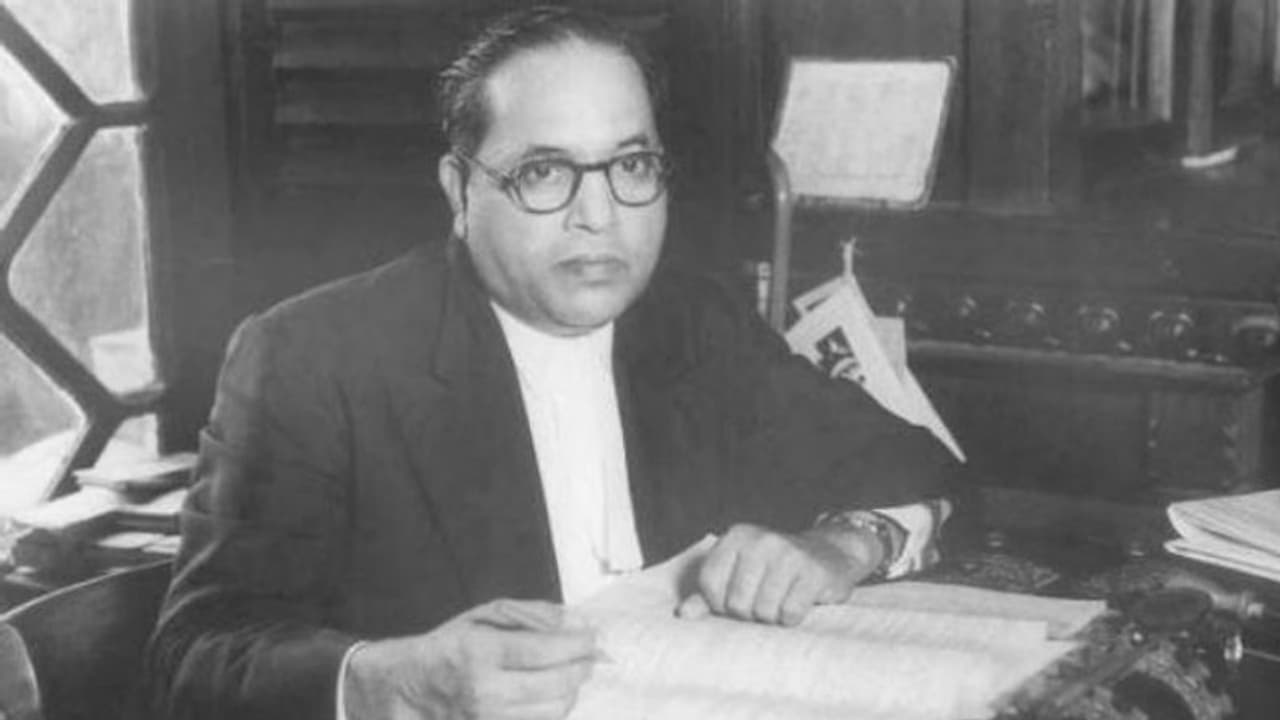Ambedkar inverted Mahatma Gandhi's economic vision. Gandhi wanted the villages to stay as the nodal points of economic activity, but Ambedkar felt that villages as centres of economic activities nurtured caste exploitation.
During the struggle for independence and even after independence, Baba Saheb Bhimrao Ambedkar had put forward his economic ideas for a more cohesive and inclusive India. Ambedkar believed that unless villages fade away and cities become the centres of economic activity, our country may not get rid of upper caste domination. He claimed that the rural economy in India represented the interests of the upper castes. Ambedkar saw in the rural economy the seeds of caste exploitation.
In Western philosophy, Friedrich Hegel’s theory of dialectics was inverted by Karl Marx. Ambedkar inverted what Mahatma Gandhi had propounded as part of his so-called economic vision for the country. Gandhi wanted the villages to stay as the nodal points of economic activity, but Ambedkar felt that economic activities must not emanate from a rural set-up.
Recent research papers say that while the country was engrossed in the struggle for independence, Ambedkar was already contributing to the development of country’s economy. Even before independence, he was among those few Indian economists who paved the way for an Indian currency in the world market.
Also read — PM Modi rewriting Indian history: 'Patel, Bose, Ambedkar would have been better than Nehru'
Another paper states that had India taken the economic route as suggested by Ambedkar, it would have been a more inclusive society. The paper suggests that Ambedkar was among the top economists who went abroad to study and contributed heavily to the economic development of the country.
India has followed the Gandhian model of economics for more than seven decades since independence, but has struggled to make the society inclusive.
Also read: Sardar Patel allowed Jawaharlal Nehru to become PM only out of respect for Mahatma Gandhi
Like Gandhi, Ambedkar too is relevant today. And the reason is that Ambedkar inverted what Gandhi had said. Gandhi and Ambedkar differed in their views on rural economy, caste system and untouchability. Although both wanted to make India more just and equitable, they suggested opposing paths.
Ambedkar believed that the rural economy sustains in the interest of upper castes. Therefore, Ambedkar claimed that until and unless the rural economy is effaced through education and employment in urban centres, the inclusiveness may not be achieved.
